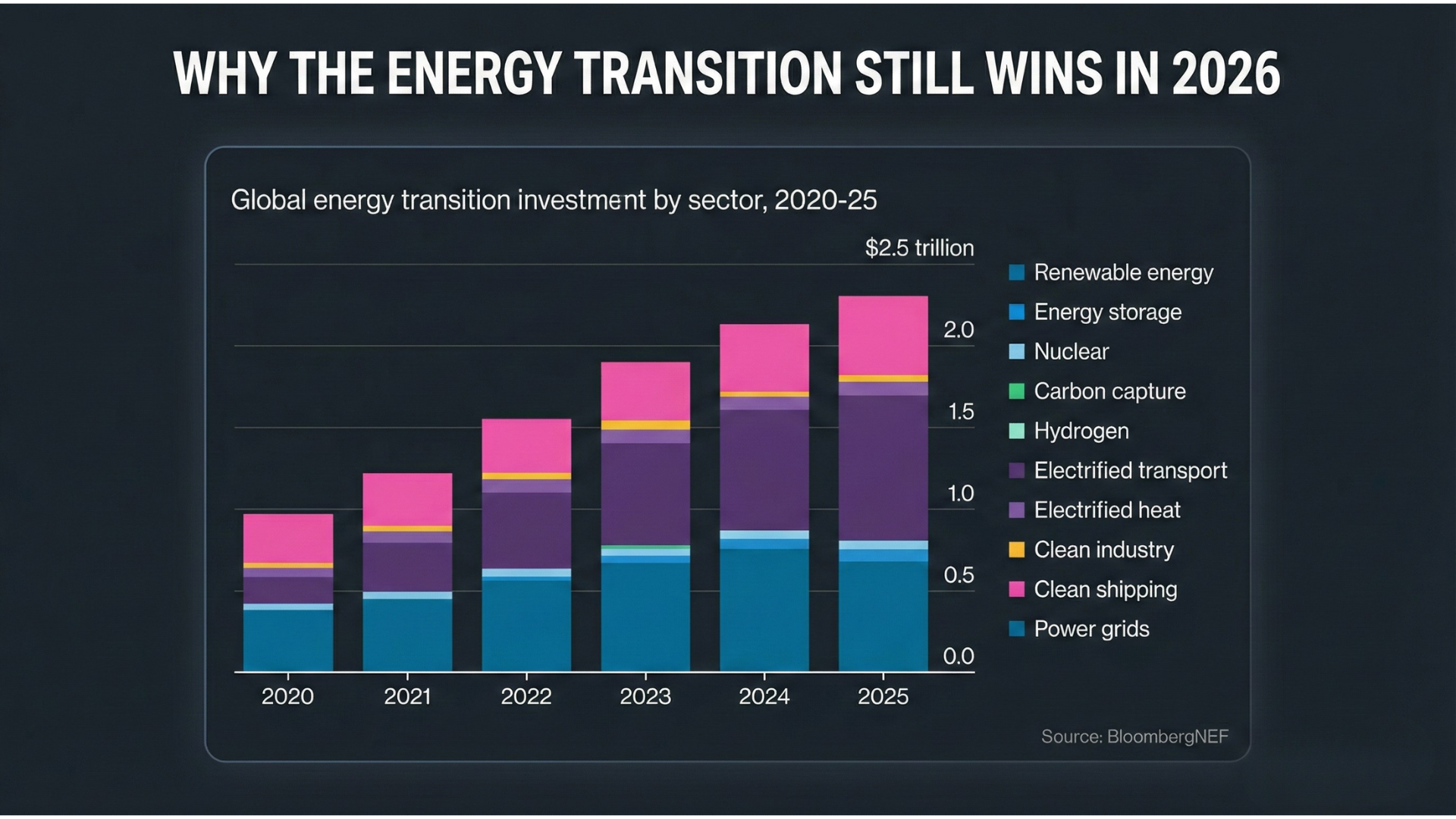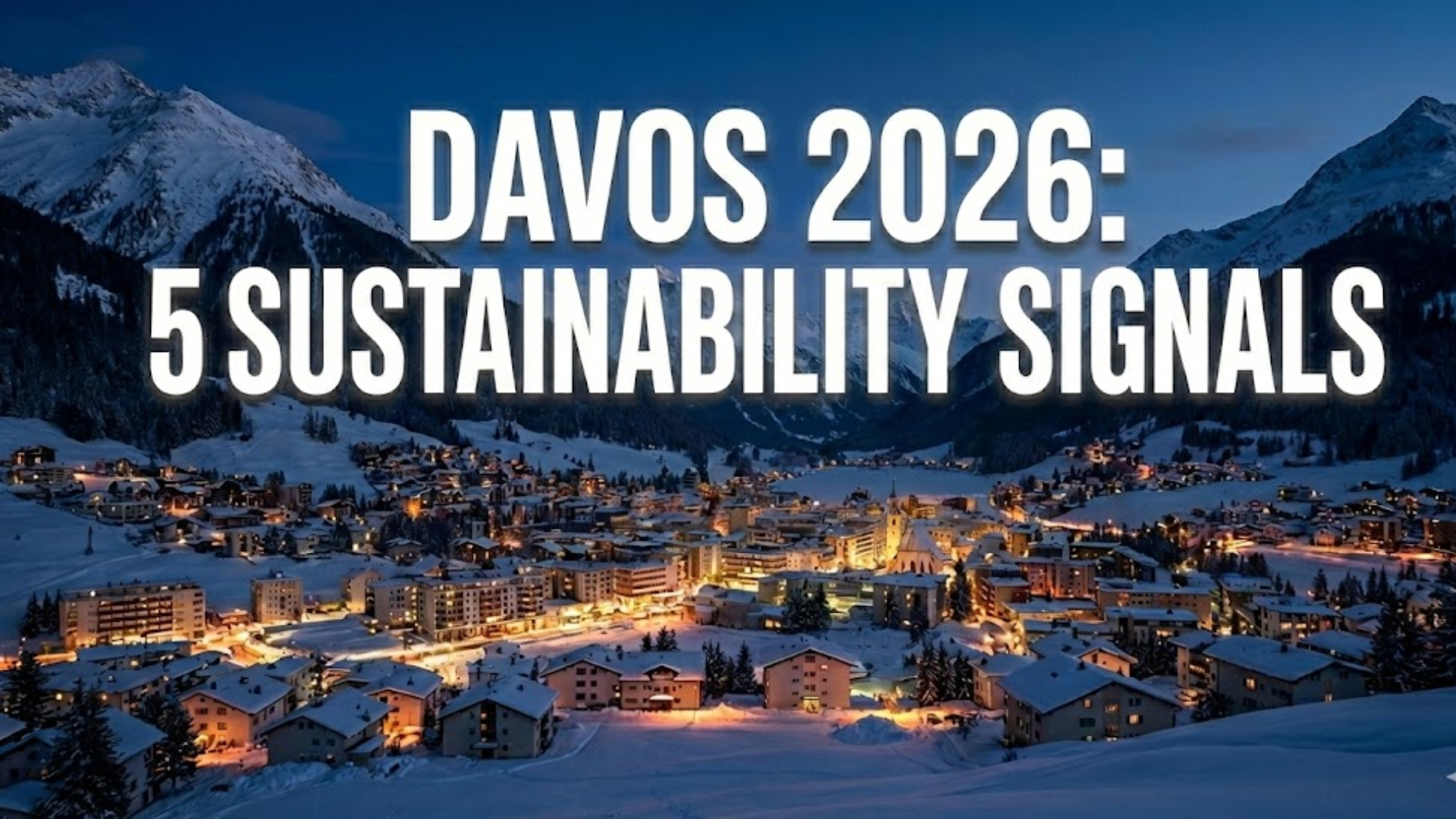

The US is using trade wars to water down the global sustainability agenda
Net Zero Banking Alliance pauses, ends membership model
Singapore delays mandatory climate reporting by up to five years
US suspends emergency management staff for criticizing cuts
New tech helps decarbonize industrial supply chains
As the US is driving new trade deals with countries around the world, sustainability issues are being caught up in the negotiations. Specifically, the Trump administration is encouraging countries to increase oil and gas imports and decrease their dependency on solar and wind energy. Wind in particular, which Trump said he was “trying to have people learn about wind real fast, and I think I’ve done a good job, but not good enough because some countries are still trying.”
Virtually all of the trade deals signed so far include some sort of agreement for nations to buy oil and gas from the US. South Korea has agreed to take $100 billion worth of US LNG, and the EU has agreed to $750 billion of fossil fuels.
Beyond energy, the US is leveraging the new trade deals to weaken other countries’ sustainability rules. For example, in last week’s EU-US agreement 4 out of the 19 provisions of the Framework on an Agreement on Reciprocal, Fair, and Balanced Trade involved weakening EU sustainability regulations. Here is a brief summary:
Corporate Sustainability Reporting Directive (CSRD) and Corporate Sustainability Due Diligence Directive (CSDDD): While the EU is already simplifying these rules, they agreed that the rules will “not pose undue restrictions on transatlantic trade” and “work to address US concerns regarding the imposition of CSDDD requirements on companies of non-EU countries”
Carbon Border Adjustment Mechanism (CBAM): Beyond the recent changes exempting companies importing less than 50 tons/yr of covered products, the trade deal commits the EU “to provide additional flexibilities in the CBAM implementation” for US companies.
EU Deforestation Rule (EUDR): The new trade deal aims to lessen the burden on American companies with this language: “Recognizing that production of the relevant commodities within the territory of the United States poses negligible risk to global deforestation, the European Union commits to work to address the concerns of US producers and exporters regarding the EU Deforestation Regulation, with a view to avoiding undue impact on US-EU trade.”
How this additional pressure from the US-EU trade agreement will impact the ongoing (Omnibus) simplification efforts is yet to be seen. However, it is clear that the US Administration will continue to use trade to pressure countries to weaken their sustainability policies. For example, a US State Department spokesperson was quoted as saying they are “preparing to act on remedies, including tariffs, visa restrictions, or port levies,” on countries that sign up to the global maritime agreement to limit fossil fuel use in the sector.
Join me and my BCG colleagues in an upcoming webinar on “The Future of ESG Reporting Under ESRS Set 2” 👉 Join us on September 10th, 17-17:45 CET
2. The End of the NZBA?

After multiple high-profile defections from US members, and more recently EU and UK banks, the Net Zero Banking Alliance (NZBA) has “paused” its activities.
The group has decided to hold an internal vote on whether to transition from a membership model to a looser ‘framework initiative,’ advisory model.
The NZBA claims this would be “the most appropriate model to continue supporting banks across the globe to remain resilient and accelerate the real economy transition in line with the Paris Agreement.” The alliance will share the outcome of the vote at the end of September.
3. Singapore To Delay Sustainability Reporting

Following pushback from the Singaporean business community against mandatory climate reporting, the Accounting and Corporate Regulatory Authority (ACRA) and the Singapore Exchange Regulation (SGX RegCo) announced that climate reporting for small and mid-sized companies will be delayed by five years (FY 2030).
Here is how each company size will be impacted:
All listed companies:
Report Scope 1 and 2 emissions for FY 2025
Large listed companies (Singapore's 30 largest companies in the Straits Times Index):
Full climate disclosure (emissions plus strategy, risks and opportunities, etc.) FY 2025
Scope 3 reporting for FY 2026
Listed companies with >S$1B market cap:
Full climate disclosure (emissions plus strategy, risks and opportunities, etc.) for FY 2028 (three-year delay), Scope 3 will be voluntary.
Non-listed companies with >S$1B revenue (including many U.S. multinationals) and listed companies with <S$1B market cap (small to medium-sized companies)
Full climate disclosure (emissions plus strategy, risks and opportunities, etc.) for FY 2030 (five-year delay), Scope 3 will be voluntary.
4. FEMA Staff Raise Alarm, Get Suspended

The Federal Emergency Management Agency (FEMA) suspended 36 staff members after they signed a letter to Congress saying that the current administration has damaged the agency’s ability to respond to extreme weather disasters.
The letter, which was symbolically sent just before the 20th anniversary of Hurricane Katrina, said: “Our shared commitment to our country, our oaths of office, and our mission of helping people before, during, and after disasters compel us to warn Congress and the American people of the cascading effects of decisions made by the current administration.”
In total, more than 180 FEMA staffers signed the letter, but the 36 who added their names were placed on paid administrative leave “effective immediately, and continuing until further notice.”
5. Digital Ledgers Decarbonize Heavy Industry

While heavy industry (such as steel, cement, and chemicals) is a significant source of industrial emissions, the responsibility for low-carbon solutions often falls in the supply chain with smaller suppliers under pressure to reduce emissions to improve the “Scope 3” footprint of their customers.
Environmental Attribute Certificates (EACs) can turn verified low-carbon production into a monetizable asset. Unlike carbon offsets, EACs can be attributed to a buyers' Scope 3 emissions - helping to reduce their overall carbon footprint.
EACs are adding a new dimension to heavy-emitting sector decarbonization plans: companies that are moving ahead with such projects are increasingly able to capture value creation. With upstream producers and downstream buyers working together—backed by clear standards and credible systems—EACs could meaningfully accelerate the path to net zero.
The views expressed on this website/weblog are mine alone and do not necessarily reflect the views of my employer.
Other Notable News:
Energy Transition:
FASB Dives Into Renewable Energy Credits
Sustainability Articles:
Sustainability Research:
EU regulations:
Sustainability Investing:
Notable Podcasts:
This week’s edition of The Climate Rising is the latest part of the climate resilience series. It features Himanshu Gupta, co-founder and CEO of ClimateAi, who shares how biophysics-driven AI helps top food and beverage companies, governments, and supply chains forecast extreme weather, build resilience, and advance adaptation technologies in agriculture.







